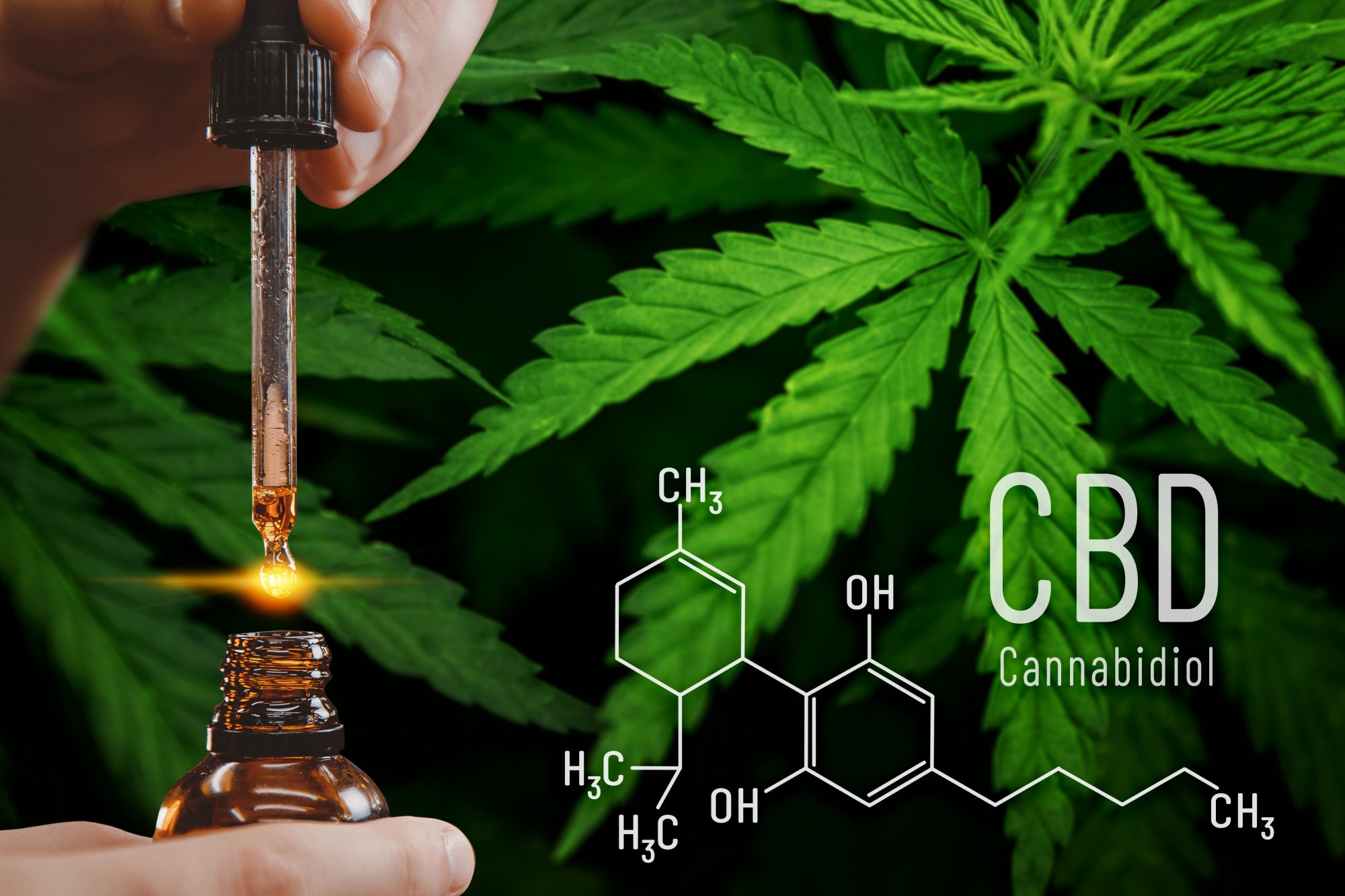
CBD Cannabidiol is an antioxidative component found in cannabis that serves to combat oxidative stress and protect against diseases like cardiovascular disease. Brain-stimulation therapy also works on brain pathways associated with mood, and may increase serotonin levels.
Retrospective clinical research of medical cannabis patients demonstrated that CBD-rich products significantly alleviated symptoms and reduced ESAS-r scores. Individuals using CBD should be aware of any possible side effects and select products with clear labelling information.

What Is CBD?
CBD is an all-natural compound that serves as an antidepressant and anxiety reducer, and also an effective pain reliever. It may help ease symptoms associated with multiple sclerosis, Alzheimer’s disease and other conditions as well as improving sleep and mood.
No one knows exactly how CBD works to treat these conditions, although some believe that its mechanisms of action include targeting molecular targets in the brain to decrease anxiety and mood disorders. Furthermore, CBD may help curb cravings for alcohol, stimulants or opioids in those suffering from substance use disorder.
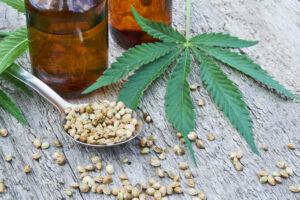
CBD’s most prominent benefit lies in treating seizure disorders, having been shown to significantly reduce seizures among those living with epilepsy. Studies are currently underway into whether or not it can aid other medical conditions like cancer, depression and PTSD – although more research needs to be conducted for each.
As CBD works by acting directly on the body, it may interact with certain medications. It could increase levels of certain antidepressants like selective serotonin reuptake inhibitors (SSRI’s like Zoloft) and tricyclics like amitriptyline; affect drugs broken down by liver enzyme CYP450 like some antihistamines and muscle relaxants; cause drowsiness so it should be avoided with other drowsy medicines;
If you want to give CBD a try, select a product with high concentrations of active ingredients. Read and understand its label to identify how much CBD and other components it contains; try selecting either a sublingual tincture that quickly dissolves under your tongue or an ointment for localized relief; you’ll find these at many health food stores as well as online. Some varieties come with tasty flavor options!
Health Benefits
CBD Cannabidiol may offer many potential health advantages, including relieving inflammation and anxiety symptoms, helping with sleep difficulties and possibly decreasing cancer risks. More research must be conducted into its potential advantages and downsides.
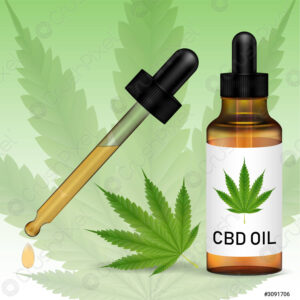
Studies suggest that CBD could reduce the frequency of seizures among those suffering from specific epilepsy disorders, including Dravet and Lennox-Gastaut syndromes. An Epidiolex medication approved to treat severe seizure disorders is made out of CBD; similarly, CBD is being used to ease nausea and vomiting associated with chemotherapy treatments.
One small study demonstrated the efficacy of CBD Cannabidiol for treating chronic depression symptoms; however, further investigation is warranted. Another preliminary research project indicated reduced need for opioid medications to treat pain from conditions like rheumatoid arthritis or nerve pain; more investigation needs to be completed on these outcomes as well.
CBD may also help improve heart health, such as by lowering blood pressure and improving artery function. Studies conducted on animals have confirmed these effects; more research in humans is still required to verify them.
CBD Cannabidiol People should exercise extreme caution when purchasing CBD from unregulated vendors, as some have been found to contain contaminants like heavy metals and pesticides. The Food and Drug Administration has issued warnings about some companies selling CBD, prompting consumers to look for brands with laboratory test results or third-party purity testing, or consult their physician before adding new supplements to your regimen; CBD may interact with certain drugs such as blood thinners, antidepressants or medications used to treat liver disease.
Uses
CBD has gained increasing attention as an effective non-intoxicating solution to treat various health conditions, and an ever-increasing body of preclinical and clinical research supports its use to manage pain, anxiety, depression, sleep disorders and other ailments.
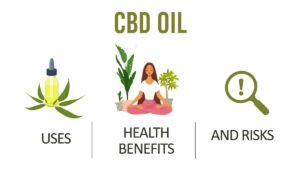
CBD Cannabidiol products can come in the form of topical preparations applied directly to the skin, capsules, tinctures, sprays and oils for ingestion. can also be found as vape liquid vaporized and inhaled directly into lungs for inhalation purposes; or sublingual tinctures placed under the tongue can allow it to enter bloodstream more quickly.
There have been limited studies into the safety and effectiveness of CBD. However, FDA has approved Epidiolex for treating seizures caused by rare seizure-causing diseases such as Dravet syndrome and Lennox-Gastaut syndrome. Studies have demonstrated that CBD reduces seizure frequency while improving quality of life among these patients.
CBD Cannabidiol Research suggests that CBD may have anti-anxiety and antidepressant effects; however, more study needs to be completed in order to validate these findings. The may reduce activity of neurons in the amygdala which are linked to mood disorders and drug addiction; increase serotonin while simultaneously decreasing cortisol levels; lowering high blood pressure by relaxing blood vessel contraction; it could even aid those living with Type 2 diabetes by improving how their bodies use insulin.
The may interact with certain medications, such as anticonvulsants such as phenobarbital and Dilantin (phenytoin), Lamictal (lamotrigine), Onfi (clobazam), Tegretol (carbamazepine), as well as antidepressants such as Paxil (paroxetine), Celexa (citalopram), Remeron (mirtazapine) and Tofranil (imipramine). CBD may also impact liver enzyme CYP450 which breaks down certain drugs – possibly slowing their effectiveness or worsen their impacting effectiveness or both effects simultaneously.
Risks
CBD is one of several cannabinoids, or chemicals. Which interact with cannabinoid receptors in the endocannabinoid system and work to help regulate sleep. Pain, appetite and mood regulation. When taken internally it interacts with this natural system of cannabinoids produced in our bodies as an endogenous cannabinoid. When extracted from cannabis plants CBD may act on it directly; when produced internally by human bodies CBD acts similarly.
CBD may pose some risks, including liver injury and drug interactions. Therefore, it is advised that it be taken under medical advice when taken alongside other medications.
Studies suggest that CBD may raise serotonin levels in the brain, which may explain its effectiveness against depression. More research must be conducted in this area before any definitive conclusions can be drawn. Furthermore, CBD has been noted to inhibit CYP2D6. Potentially impacting how certain antipsychotic medications function. This was demonstrated in an intensive treatment of schizophrenia patients using both CBD and amisulpride as antipsychotics. Results revealed an improvement of symptoms due to this interaction between CBD-mediated CYP2D6 inhibition and amisulpride’s. Actions on antipsychotic antipsychiatric medications vs traditional antipsychiatric. Medications via its impactful interaction on CYP2D6 inhibition by CBD-mediated inhibition CYP2D6 inhibition was proven beneficial.
CBD may alter the rate at which certain medications are metabolized by your liver. Leading to potentially dangerous levels of medication accumulating in the body and thus necessitating. You being aware of any possible interactions when using CBD.
Avoid purchasing CBD products containing THC as these may result in false positive drug tests. Also, before traveling by plane with any CBD oil products. Be sure to contact TSA as they may have rules regarding how much liquid can be carried aboard. When looking for quality brands that prioritize third-party testing results for their CBD products.
Strains
CBD and THC are the two primary compounds found in cannabis, with only THC producing psychoactive effects. High-CBD strains produce soothing results without producing high effects; they may help alleviate anxiety, depression or posttraumatic stress disorder (PTSD).
CBD Cannabidiol Aiming to maximize CBD benefits? For the optimal experience, look for marijuana flower strains bred to contain high concentrations of CBD. While low levels of THC is the way to go. These strains can be found both online and in dispensaries alike. Beginners should start off slowly by beginning with lower THC strains such as 1:1 ratio. Before transitioning up towards higher CBD-to-THC ratio varieties.
Smoking CBD flower can be done through any method you like: tobacco pipe, bong or vape pen. For optimal results it’s wise to grind up the flowers into finer texture. Provide smoother draws and reduce material build-up on heating elements.
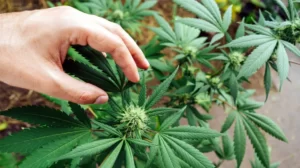
CBD oils, capsules and tinctures can also be found at many dispensaries and online vendors. These products can be taken daily after you establish a safe dose. Sublingual applications of capsules and tinctures offer optimal results. Hold in your mouth for 60 to 120 seconds to experience their full effect.
CBD has been found to be extremely helpful for chronic pain conditions such as migraines, fibromyalgia and arthritis. Additionally, it may aid with stress, sleep issues, anxiety and depression. Even aid in weight loss by increasing energy while decreasing appetite. You can use CBD supplements or edible forms such as cookies and gummies. You may even apply topically using lotions or balms.
